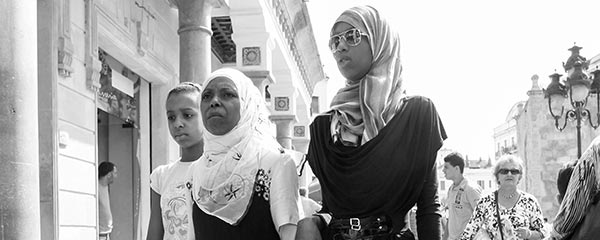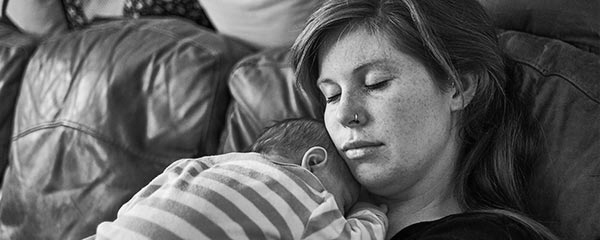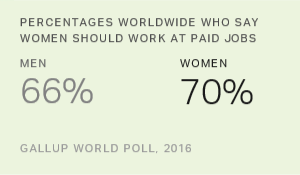For this year's edition of Gallup's Conversations on International Women's Day, we focus on the experiences of a veteran female interviewer in Lebanon named Nijma. We have changed her name to protect her identity.
After her husband was abducted in Sierra Leone's civil war in the early 1990s, Nijma was forced to return to Lebanon, where she struggled as a teacher to support their children on her own. Two years into her resettlement, she decided to pursue a full-time career as an interviewer, which offered better pay and more personal fulfilment.
When her husband escaped captivity and returned to Lebanon, Nijma found herself supporting a family of five on her interviewer salary as her husband recovered from his ordeal. She has been working as an interviewer in Lebanon for the past 30 years.
Gallup: How do you feel about your job?
Nijma: When I wake up, I say, "Dawn has arrived; I am going to work!" I feel happy. When I go to the field [to start interviews], I feel like a fish that you put back in water. Yes, I feel as if I was not breathing, and [now] I am given oxygen. When I go back to my work, it is as if I am given back my life.
Gallup: Why?
Nijma: I consider the questionnaire to be a work of fine art that I must complete. I must give it all my effort, knowledge and resources. That is, when I ask a question, I feel like a psychologist. I will not move on to the next question until I have tried everything to obtain all of what is needed to get an answer.
Gallup: This is how you feel about interviewing in general; how about the World Poll specifically?
Nijma: I love it dearly, and let me be frank in telling you why. I love it because it reveals the personality of the person in front of me. I feel sad when the interview is over. And I'm even sadder when a respondent says, "We loved you. Seriously, is that all?" and "Ask us more! Make it longer!"
Gallup: How do you feel when you interview women in your country? How do you think they feel to be asked questions? Do they tell you?
Nijma: It is a normal experience. For me, the person is a person. People differ by their gender, age, education, but I do not find a difference between one person and the other. All are equal; they are all humans.




